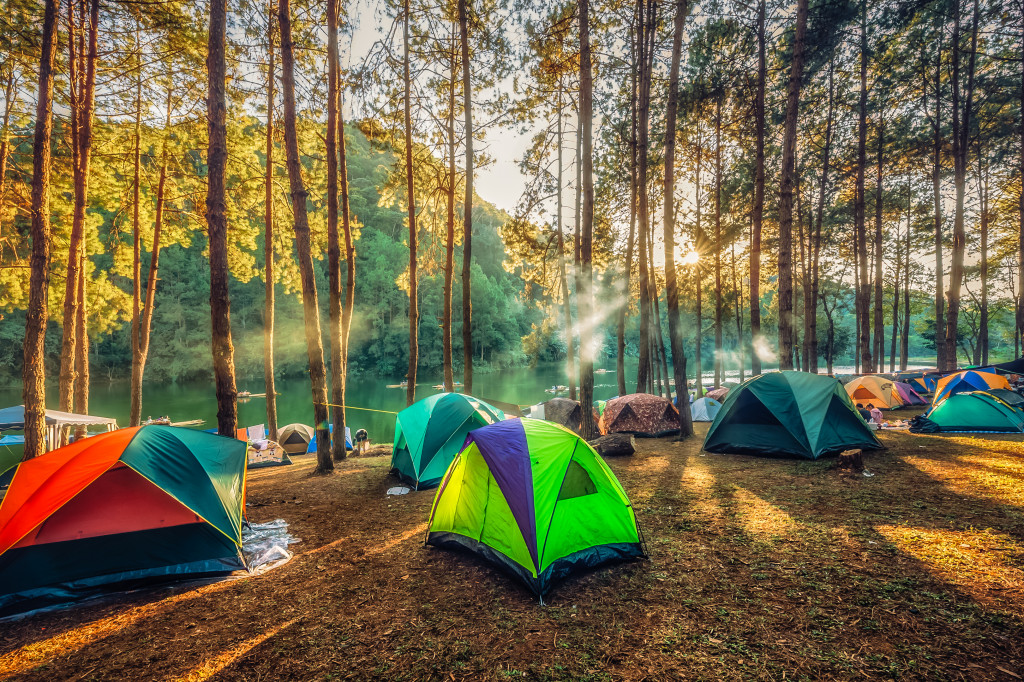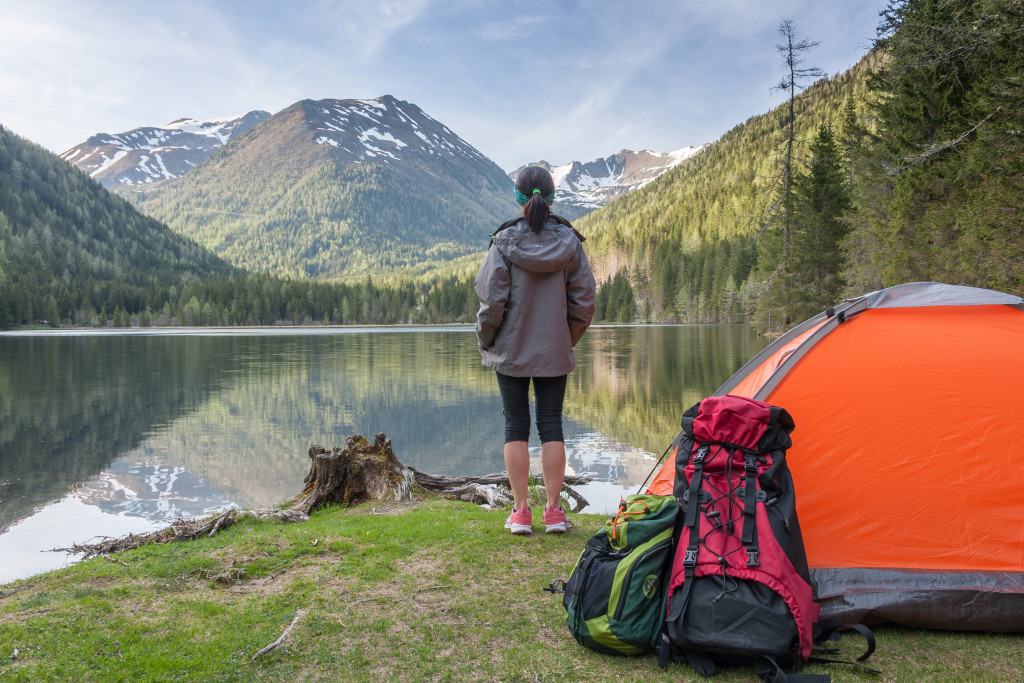For many people who have allergies, camping sounds like a perfect way to end up with non-stop sneezing fits and the worst runny nose in history. It’s often reason enough to avoid camping altogether in fear of experiencing allergy symptoms from hell—but this could lead to a lot of missed opportunities and valuable moments with friends and family.
If you want to go camping but are afraid of the consequences that your allergies may bring, here are some tips on how you can enjoy the trip without constantly battling your triggers:
-
Bring your medicine stash
Number one rule if you have allergies and go camping: do not forget to seek treatment for hay fever and allergies. If you’ve dealt with allergy problems all your life, you most likely already have a specific type of medication that works best for you. Otherwise, visit a doctor; they can prescribe you over-the-counter or prescription medication that can keep your allergies at bay when you go camping.
Prepare a stash with enough medicine to last you the entire camping trip, plus a few extra just in case. Don’t forget to look up proper usage of the medicine as well—you wouldn’t want to end up sleeping the whole day away because you took too many anti-allergy pills. If your medication causes drowsiness, find a non-drowsy version or ask your doctor for a different prescription.
-
Keep emergency medication on your person
If you have severe allergies or asthma, prepare a first aid kit with an epinephrine injector and an extra inhaler at least a few days before your camping trip. Keep the kit on your person at all times, ideally in a fanny pack that you can wear all day. This way, you have immediate access to your medicine in case your allergies or asthma act up, and your companions will easily be able to find your medication if you’re incapable of administering it yourself.
-
Eat locally grown honey
Eating a tablespoon of locally grown honey can help prepare your body for exposure to allergens because it builds your tolerance against local pollen. If possible, acquire a jar of locally grown honey or order it online (if your camping destination is far) and eat a tablespoon every day before you go camping. If you’re going on a long camping trip, it’s also a good idea to keep eating honey while you’re there.
-
Buy a good tent

Your tent should be able to keep as many allergens out as possible. Invest in a hypoallergenic tent with reliable flaps that can keep allergens out of your space, as well as good insulation so that you don’t get too hot nor too cold during the night.
Keeping your tent clean also helps avoid allergy flare-ups. Wipe surfaces thoroughly to get rid of allergens that may have invaded the space. Remove outerwear and shoes before entering the tent to prevent allergens from getting inside. Moreover, it also helps to keep the tent closed to prevent the entry of allergens.
-
Don’t forget the bug spray
Always have your trusty bug spray whenever you go camping—or whenever you go outside, for that matter. This is especially important if you are allergic to insect stings. Although it may be virtually impossible to avoid insect bites altogether, taking proper precautions can significantly reduce your risk of getting bitten.
Furthermore, avoid wearing bright clothing and fragrances as these tend to attract bugs. Also, keep your sleeping space devoid of food and sugary drinks to avoid attracting bugs to your tent. If you must eat in your tent, always make sure to wipe down the bottom surface and discard food packaging right away.
-
Stay in a cabin
Staying in a cabin instead of a tent can dramatically reduce your exposure to allergens. However, you will still need to ensure that the cabin is clean so that the dust does not trigger your hay fever. Moreover, pack your own linens to avoid using the cabin’s non-hypoallergenic sheets.
-
Pick the right time
If you have the liberty of picking dates for the camping trip, choose days within the season when your specific triggers are not abundantly present in your chosen campsite. For example, if you are allergic to pollen, choose dates when the pollen count is not so high at your destination. You can find this information on pollen count reports online or using a pollen map of your country.
Don’t let allergies keep you from enjoying camping. With these pointers, you can keep your allergies at bay and enjoy what nature has to offer—even if allergens may come your way.
